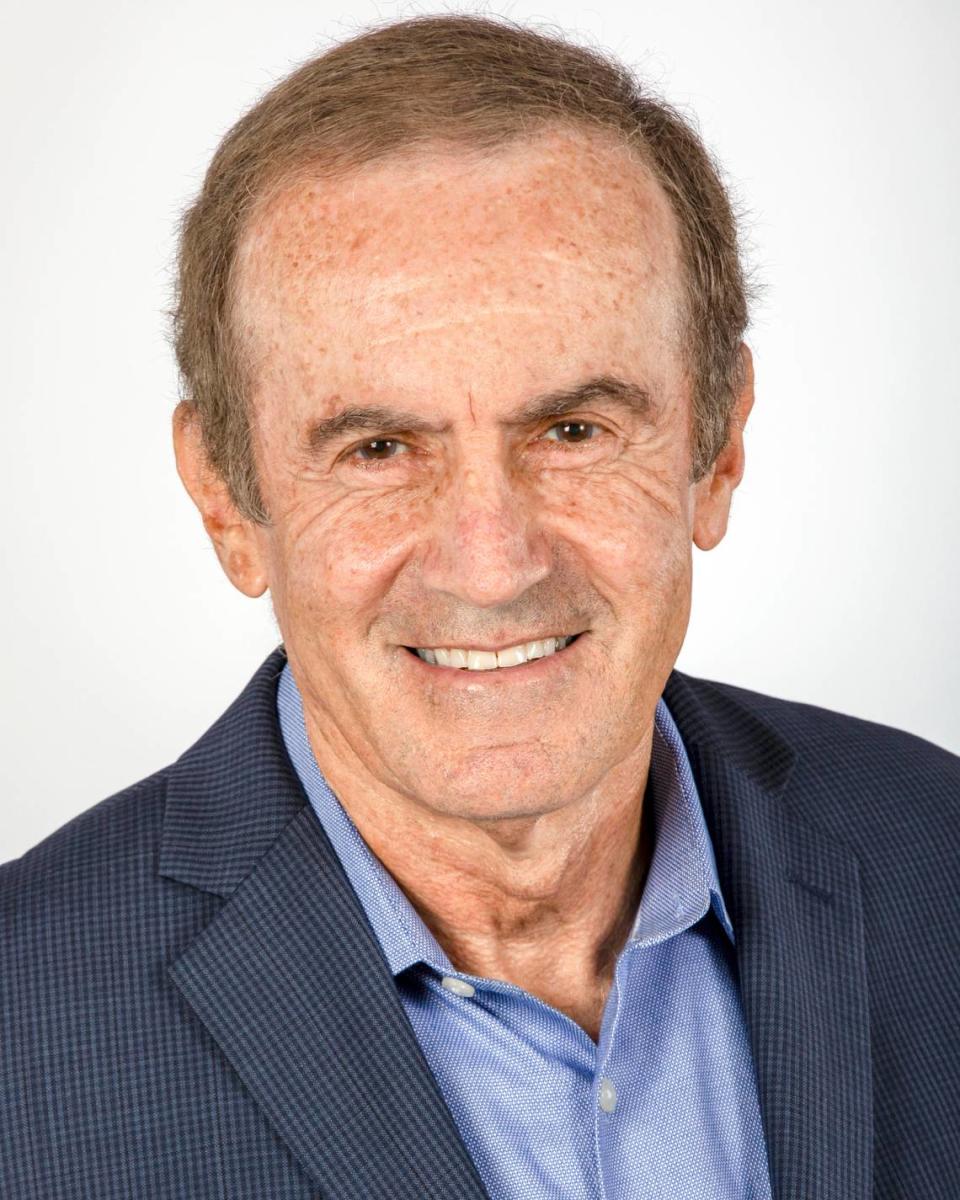Venezuela’s Juan Guaido is still in the game — and has several cards to play | Opinion
The conventional wisdom is that Venezuela’s National Assembly President Juan Guaidó, who is recognized by more than 55 countries as Venezuela’s legitimate leader, has lost his political momentum and will soon be deposed, if not imprisoned, by Venezuela’s dictatorship.
But the conventional wisdom may be wrong.
Judging from what I heard in a 40-minute interview with Guaidó shortly after his arrival in the United States, I would not count him out. He still has several cards up his sleeve.
Claims that the Venezuelan opposition is losing its momentum are “absolutely false,” Guaidó told me.
“Support for the Venezuelan (opposition) cause is growing, solidifying,” both domestically and internationally, he said. “2019 was the year in which we did most street protests, but they were hardly visible because of censorship, self-censorship, and persecution of the media.”
I talked with him Friday, following an international tour during which he met with, among others, French President Emmanuel Macron, British Prime Minister Boris Johnson, German Chancellor Angela Merkel, Canadian Prime Minister Justin Trudeau and U.S. Secretary of State Mike Pompeo.
Guaidó was also hoping to meet with President Trump in Florida before or after a massive rally convened by the Venezuelan opposition leader in Miami on Saturday.
But while Guaidó received renewed international backing from world leaders during his European and American tour, Venezuelan dictator Nicolas Maduro — who is still backed by Russia, China and Cuba — is forcefully taking over much of Guaido’s legislative powers.
On Jan. 5, Maduro claimed that Guaidó had been replaced as the president of the National Assembly. The dictator used the National Guard to prohibit Guaidó and fellow opposition legislators from entering the parliament for a key vote to renew the congressional leadership. Maduro later claimed an obscure congressman named Luis Parra had won the vote.
But Parra proclaimed himself elected without a congressional quorum. Guaidó, after being denied entry into the congress, moved the session to the nearby building of the daily El Nacional, where he was re-elected with a quorum and by more than 100 votes, more than what he needed.
Still, Maduro has made it clear that he will not allow Guaidó’s opposition to win the upcoming December legislative elections. Many in the media have speculated that Guaidó may soon disappear from Venezuela’s political arena. A Jan. 23 New York Times story about Guaidó’s trip to the World Economic Forum in Davos, Switzerland, said that he “seemed like man whose moment had passed.”
Not so fast. Guaidó’s game is not over. And it won’t be over even if Maduro convenes a sham legislative election to take over the National Assembly in December, as he has said he will do.
When I asked Guaidó what will happen if the Venezuelan dictatorship captures the National Assembly, the only democratically elected institution remaining in Venezuela, he responded that, “We will still have many options.”
Among other things, the Guaidó-led National Assembly could still elect a new National Electoral Council during its current session, convene free National Assembly elections and even convene presidential elections, he said.
Any of these steps would have more legitimacy and international backing than another Maduro-convened fraudulent election, he added.
And the mass exodus of Venezuelans who are escaping the country’s humanitarian crisis will continue, probably reaching 6 million people by the end of this year, which will put new pressure on the United States and Latin American countries to find a solution to Venezuela’s tragedy, he said. Venezuela is becoming a “Syria-like” problem, he added.
In addition, growing numbers of world leaders are outraged by Maduro’s human-rights abuses, he said. According to a recent U.N. report, the Maduro regime was responsible for almost 6,800 “extra-judicial” killings between January 2018 and mid-2019.
When I asked Guaidó whether he would support a foreign military intervention in Venezuela, he said that, “We will always give priority to mass protests, international pressure and diplomatic encirclement” of the Maduro dictatorship, “but we must responsibly evaluate all options.”
Guaidó told me that during his international tour he got not only moral support, but also commitments from European leaders to step up their economic sanctions against the Venezuelan dictatorship.
Guaidó, who left Venezuela in defiance of a travel ban, didn’t look to me like a man whose time has passed. On the contrary, he’s a courageous man who will continue to be Venezuela’s best option to bring down Latin America’s bloodiest dictatorship since the military regimes of the 1970s.
He deserves the support of freedom lovers across the world.
Watch the full interview with Juan Guaido in the “Oppenheimer Presenta” TV show at 8 p.m. E.T. Sunday on CNN en Español. Twitter: @oppenheimera


